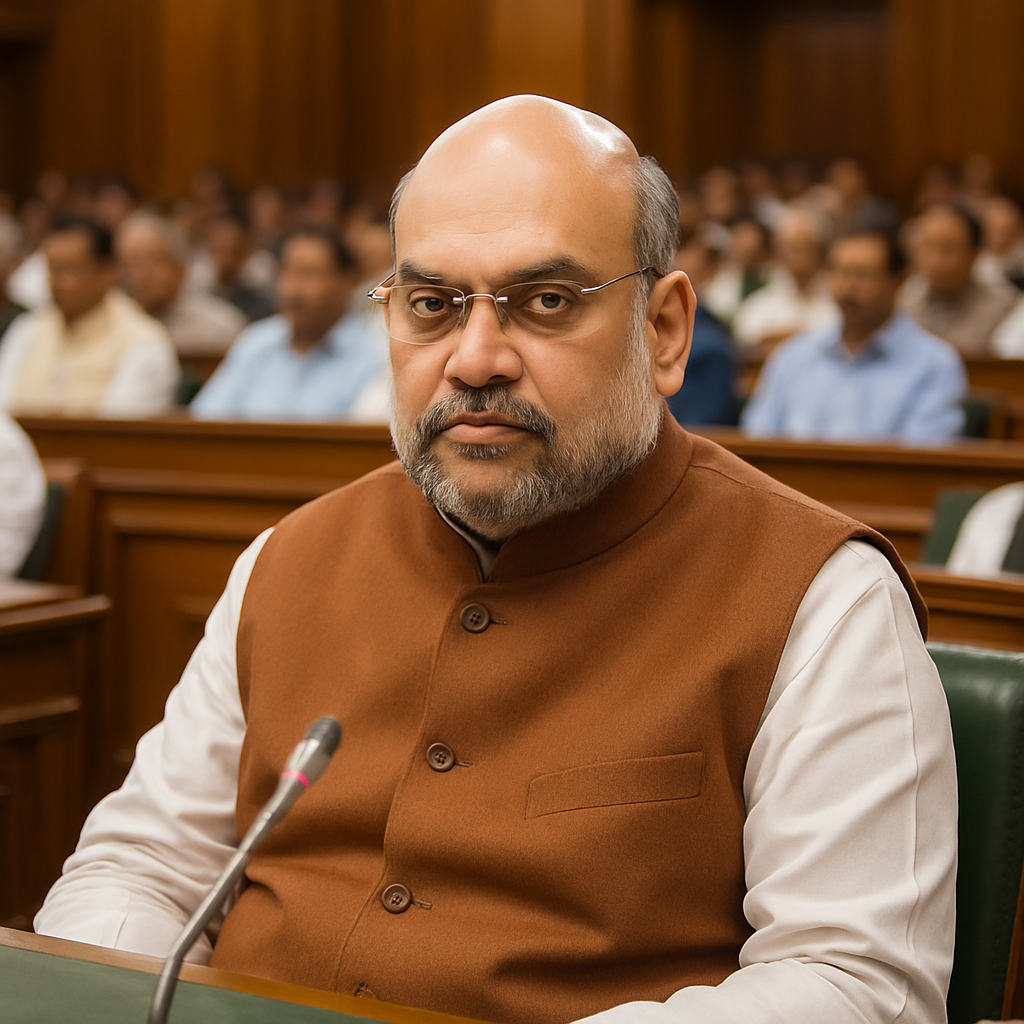“Enough is enough.” That’s the mood across India right now.

Let me ask you something—do you remember where you were when Pulwama happened in 2019?
I was stuck in traffic, listening to the radio, when the news broke. 40 CRPF jawans. Gone. Just like that. And now, almost six years later, the wound’s been ripped open again—this time in Pahalgam, Jammu & Kashmir.
Another cowardly terror strike. More blood spilled on our soil. And once again, fingers point to the same old address: Pakistan.
But here’s the thing—this time, India isn't just condemning the attack.
India is responding. Fast. And firm.
Pahalgam Attack: A Grim Reminder of the Past
Let’s not sugarcoat it—this was the deadliest attack on Indian security forces since Pulwama. On April 23, militants ambushed an Indian convoy in Pahalgam. The attackers? Allegedly linked to Jaish-e-Mohammed. Sound familiar? Yeah, same group that orchestrated the Pulwama bombing.
It’s like déjà vu, only worse.
The timing, the precision, the execution—it all screams of deep planning. And New Delhi says it has proof. Actual, verified evidence that Pakistan was directly involved in plotting the carnage.
Amit Shah’s Hardline Response: “Identify. Deport. No Exceptions.”
If you're wondering whether the government will stick to diplomacy and statements—think again.
Home Minister Amit Shah has dropped the hammer. In a high-level internal communication, he’s instructed every single Chief Minister to:
"Identify all Pakistani nationals in your jurisdiction. Deport them immediately."
Let that sink in. It’s not just about cancelling visas. It’s a nationwide crackdown on every Pakistani citizen currently in India—tourist, student, even patient.
And honestly? Given the public sentiment right now, most Indians would say it’s long overdue.
What Exactly Has India Done?
In case you're trying to keep track, here's the 5-point counter-offensive India has unleashed in the last 48 hours:
- All visas for Pakistanis cancelled, effective April 27.
- Medical visas extended for just 48 hours, until April 29.
- State-level identification & deportation drives ordered across the country.
- Global diplomatic outreach—sharing proof of Pakistan’s involvement with top world powers.
- Heightened surveillance at borders and immigration checkpoints.
It’s not just a reaction. It’s a recalibration.
World Watching: India Shows the Proof
Foreign Secretary Vikram Misri didn’t mince words. He invited top diplomats from the US, UK, France, Russia, China, Germany, and Italy—and laid the cards on the table.
We’re talking:
- Intercepted chats between handlers and operatives,
- GPS logs from recovered devices,
- Explosives with serial numbers traced back to Pakistan.
So no, it’s not just about "allegations." It's data, devices, and digital trails.
India's not asking for sympathy anymore. It's demanding accountability.
Real Talk: Is This The Right Move?
Now, let’s pause for a second.
Some folks might say, “But what about innocent Pakistanis living here legally?”
Fair point. Not everyone from across the border is a threat. There are students, medical patients, businesspeople who’ve played by the rules.
But here’s the dilemma—when national security is bleeding, emotions run high. Policies get stricter. And collateral damage, sadly, becomes real.
Is it harsh? Maybe. Is it necessary? Honestly... maybe yes.
Quick Analogy: When the Gate’s Breached, You Don’t Wait
Think of it like this—if you find out someone’s been sneaking poison into your water tank, do you keep letting visitors roam your house? Or do you shut the door, drain the tank, and check every corner for sabotage?
That’s what India’s doing.
Public Pulse: What Are People Saying?
Walk through any tea stall or scroll through your WhatsApp groups—you’ll see a common theme:
- “Why were Pakistani nationals even allowed in after Pulwama?”
- “How many more soldiers have to die before we wake up?”
- “It’s about time someone showed Pakistan the mirror.”
This isn’t just government rhetoric anymore. It’s street sentiment.
National Security > Nice Diplomacy
This isn’t about hating a country. This is about protecting your own.
It’s about telling the world that when our jawans bleed, we don’t send flowers—we send warnings. Loud, clear, and actionable.
And as India tightens its stance, one thing’s for sure: The game has changed.

